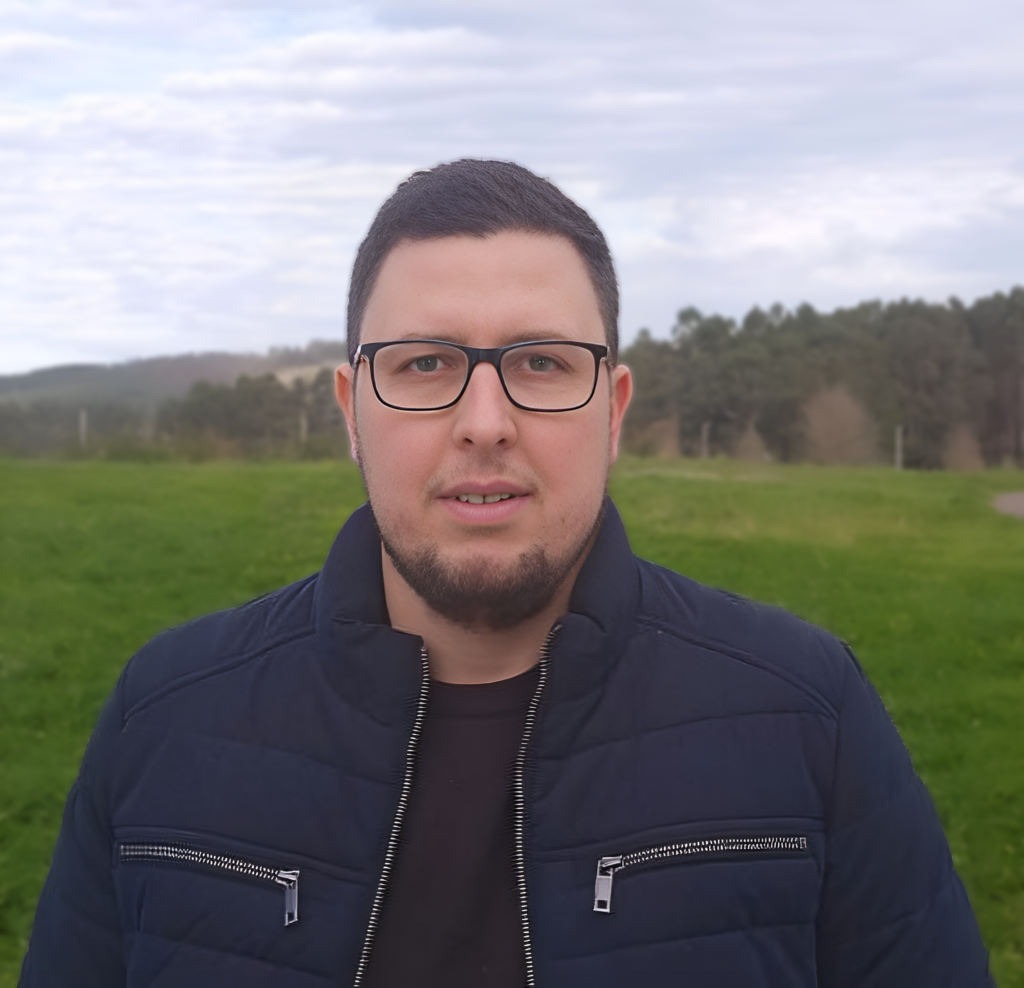About
ARIES - ARtificial Intelligence for Environment & Sustainability


Redefining open science
Our vision
We want to revolutionize data-intensive science for decision-making by ensuring that scientific data and models are Findable, Accessible, Interoperable, and Reusable (FAIR). In the digital age, where connectivity and collaboration are paramount, we envision a future where individuals, businesses, and governments have access to a fully connected information landscape, enabling collaborative efforts to address pressing environmental and sustainability challenges.

Our vision to take open science to the next level print version
DownloadBuilding the first AI-powered Knowledge Commons
our mission
Our mission is to leverage the power of artificial intelligence (AI) to advance research, innovation, and solutions for environmental sustainability. Through a cutting-edge technology and interdisciplinary collaborations, we aim to develop open, safe, and accurate methods for sharing and linking scientific models, empowering stakeholders to make better-informed decisions and drive positive change. We are committed to sharing our knowledge, expertise, and resources to build a more sustainable and resilient future for generations to come.
The ARIES journey
our history
ARIES started in April 2007 at the Gund Institute for Ecological Economics of the University of Vermont, United States, sponsored by a $1M grant from the U.S. government's National Science Foundation. A prototype of the model building system was developed over the following year, and a functional prototype was made available online in 2012. Since 2010, the platform has been based at BC3, where the technology has continued developing ever since.
The development of the AI behind ARIES evolved over 20 years and has even moved to another continent. Starting as a small group of researchers, we are now a big community. Scroll down through the timeline!
2000
First steps (Integrated modeling Toolkit)
2007
First ARIES project funding at University of Vermont
2010
First online portal. ARIES moved to Bilbao
2013
First international course on ARIES
2016
Software released as k.LAB/k.IM
2017
Begin of the Integrated Modelling Partnership
2018
k.Explorer release
2021
ARIES for SEEA web app release
Current year
> 5,800 users… and more development is to come
Currently, ARIES does not have any job openings
join the team
However, we will soon be announcing new job offers.
In the meantime, we encourage you to send your CV and a motivation letter for future consideration.
We appreciate your interest and look forward to hearing from you soon!
Open application
The team
who we are
We are an international network of scientists working to build and apply ARIES toward conservation and development challenges from local to global scales. We collaborate with a diverse group of scientists and practitioners from governments, NGOs, academics, and the private sector. Our core development team includes experts across diverse fields, ranging from computer science and ecology to economics and the social sciences to geography and policy.
Ferdinando Villa
ARIES Lead Investigator

Stefano Balbi
Modelling Lead

Antonella de Ceano-Vivas
Managing Director

Antonella Lattenero
Scientific Project Manager

Yuwei Wu
Hydrology Modeller & Remote Sensing Expert

Ken Bagstad
Natural Capital Accounting Specialist

Marta Pascual
Marine Researcher

Alessio Bulckaen
Natural Capital Accounting Project Manager

Beñat Egidazu de la Parte
Marine Researcher

Enrico Girotto
Technical Manager

Anna Sperotto
Climate Change Researcher

Andrea Antonello
Scientific Developer

Kii Hayashi
Ecosystem Services Professor

Jennifer Ledesma González
Communication assistant

Rubén Crespo
Data Scientist

Sudeshna Kumar
Urban modeller

Kristina Sanchez
Developer

Iñigo Cobián
Developer

Caterina Gilli
Research assistant

Pearlin Sam Jinoj
Scientific Modeller

Justus Muhando
Geospatial engineer

Arnab Moitra
Technical Officer - Engineer

Megan Critchley
Technical Officer

Past collaborators
Ainhoa Magrach
Ikerbasque Professor

Alba Márquez
Forestry Modeller & Remote Sensing Expert

Amelia Ochoa
Communication officer

Ángel Giménez
Ecosystem Services Modeller

Carmen Köhler
Team coordinator

Diego Bengochea Paz
Physics researcher

Giandomenico Martorelli
Computational linguist

Greta Adamo
Ontologist

Iván Perdomo
Software & Cloud Developer

João Arthur Pompeu
Biology researcher

Sabrina Mazzoni
Conservation Biogeographer

Silvia Franceschi
Environmental Modeller

Steve Wohl
Developer

Victor Eguiluz
Ikerbasque Professor

Ylenia Casali
Postdoctoral researcher

Younes Hamdani
Postdoctoral researcher in GIScience

Zuzana Harmáčková
Sustainability Researcher
